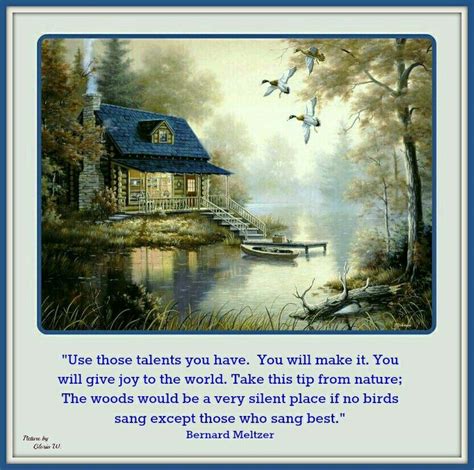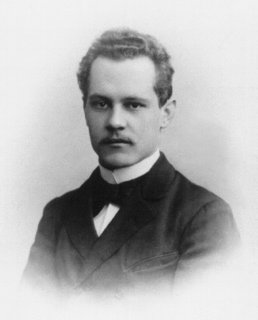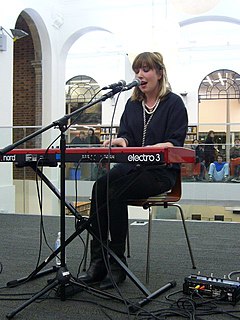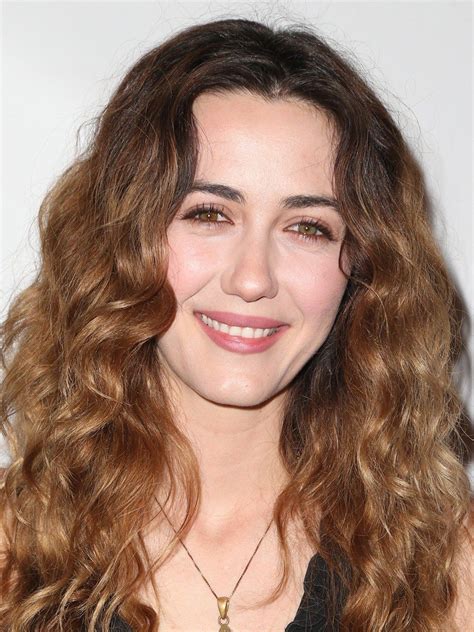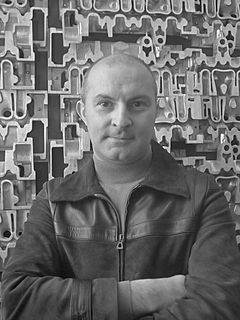A Quote by Howard Gardner
When we teach in pluralistic ways, there are two wonderful dividends. First of all, we reach more students, because some learn best through stories, some through works of art, some through role play etc. Second of all, we show what it is like really to understand something.
Related Quotes
And I do think that good art - the art that tends to last - is that art that hits human beings on several different levels at once because everybody's different. Some people approach art through their emotions, others through their head, and the art that can appeal to all of those levels is more likely to reach more people. Having more people see the work doesn't necessarily mean better art but it stands a better chance of lasting.
Thermodynamics is a funny subject. The first time you go through it, you don't understand it at all. The second time you go through it, you think you understand it, except for one or two small points. The third time you go through it, you know you don't understand it, but by that time you are so used to it, it doesn't bother you any more.
In political sense, it doesn't really matter what I do on my own, but it's so important to rally some sort of collectiveness and reignite a collective vision, and I think that's something you can do effectively through art and music, and through writing and entertainment - and just through like, pop culture. It's about spreading ideas and making people think differently, essentially.
My sisters are my best friends and my most staunch supporters. They're always there to help me through every audition, through interviews, and through everything. Hopefully, I find some guy that I love as much as them some day. They are the best things in my life, and I would be completely lost without them.
I made some shorts that I'm not in. I think because I write so many short stories, it's not that hard to come up with characters that are not me. But my way into making movies has been through performing. My very first short film, I played a child and her own mother. So in some ways, to me, my great achievement so far is just that I've gotten all these other people to play the other parts. That's what makes it a real movie.
Look what you've already come through! Don't deny it. You've already come through some things, which are very painful. If you've been alive until you're 35, you have gone through some pain. It cost you something. And you've come through it. So at least look at that. And have a sense to look at yourself and say, "Well, wait a minute. I'm stronger than I thought I was."
With war and famine and flood and special effects films, when you do somebody under duress, you have to be really be inventive and the risk of keeping it very simple is you might loose some of the audience because it's not overt, it's hidden, not coming at you. Then you might cut through to some of this numbness and reach something profound and tragic.
Through the history of art we can see through the emotional life, and sometimes the financial security of some of the artists, some transformation. And I really believe that it's generally about the same kind of transformation and the same kind of reaction. We are a little bit less individual than we would like to believe or guess we are.
And yet we constantly reclaim some part of that primal spontaneity through the youngest among us, not only through their sorrow and anger but simply through everyday discoveries, life unwrapped. To see a child touch the piano keys for the first time, to watch a small body slice through the surface of the water in a clean dive, is to experience the shock, not of the new, but of the familiar revisited as though it were strange and wonderful.

